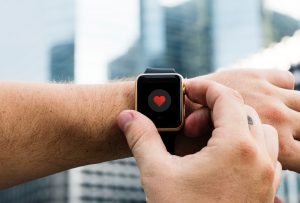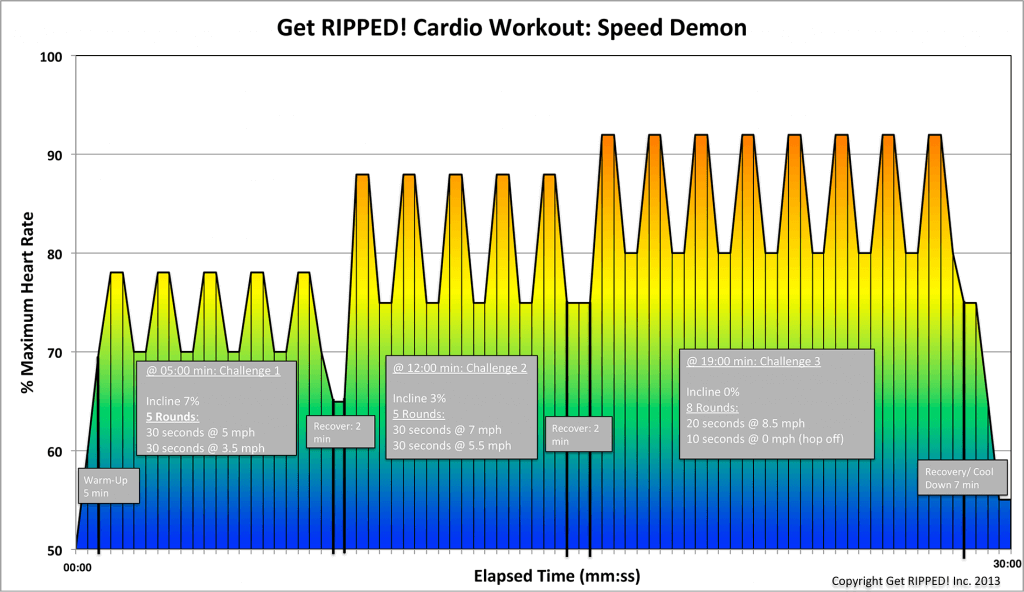Blog
Pros And Cons Of Fitness Trackers
 Exactly what are fitness trackers? Trackers originally started out like fancy pedometers and evolved from tracking the number of steps you take to tracking everything from calories, to sleep or heart rate, plus how many steps you took. Some can even help you breathe more efficiently or sleep better. Some trackers are wearables and you can wear them throughout the day or, depending on their program, just when you’re working out. There are both good trackers and bad ones with both positive and negative benefits.
Exactly what are fitness trackers? Trackers originally started out like fancy pedometers and evolved from tracking the number of steps you take to tracking everything from calories, to sleep or heart rate, plus how many steps you took. Some can even help you breathe more efficiently or sleep better. Some trackers are wearables and you can wear them throughout the day or, depending on their program, just when you’re working out. There are both good trackers and bad ones with both positive and negative benefits.
If you’re tracking your activity, you may get a surprise.
You may think you’re uber active, but after wearing a tracker for a few days, find that it isn’t necessarily true. Your activity is more mental than physical. That doesn’t mean it’s not real, just that it’s not physical. You get a more realistic picture of how much you’re really moving, which may surprise you, but is also a benefit, especially if you love video games. Getting active becomes a challenge and it can be quite motivating. So trackers will motivate you in two ways.
Some apps let you connect with others, so it can provide a workout buddy.
Workout buddies are great. I highly recommend you get one if you don’t already have a friend or family member to workout with you. Working out with a friend holds you accountable. You know you’ll be meeting with them, either through technology or in person, which makes it an appointment with another person. It’s also more fun when you have someone that understands what you’re going through and you can share your experiences. When something is more fun, you’re more apt to do it.
Not all apps are exact.
Whether it’s the number of calories burned or your heart rate, you want a true measure. The formula for rating the number of calories needs your BMR—basal metabolic rate—and a correct estimate of the number of calories you burn in each activity. Your BMR is calculated based on your weight, height and age. It can be as much as 10% off and that’s if you input the right height and weight. Not everyone does that. I’ve met a lot of different people who were 5’8″ that weren’t all the same height. The tracker then uses your BMI to track calories burnt. If you’re 10% off, that could be as much as 200 calories a day. Over a course of two weeks, that can be enough calories to gain a pound.
- Before you buy a fitness tracker, identify what you want to learn. If tracking your heart rate is important to your health, find the best one you can buy. If tracking the number of steps, you don’t have to spend as much.
- In order to be effective, you have to actually use the tracker and do what it takes to get the results you want. Trackers are only good if you use them on a regular basis.
- While the fitness trackers can track your workout and calories burned, they won’t provide the program you need to get fit. I can help you with that with my DVDs, audio downloads and even membership where you get all the programs 24/7.
- I’m a firm believer that what ever works for you is a good thing. No two people are alike. You have to decide whether a fitness tracker will help you reach your goals. Make sure it provides what you need to do that.
For more information, contact us today at Jari Love

